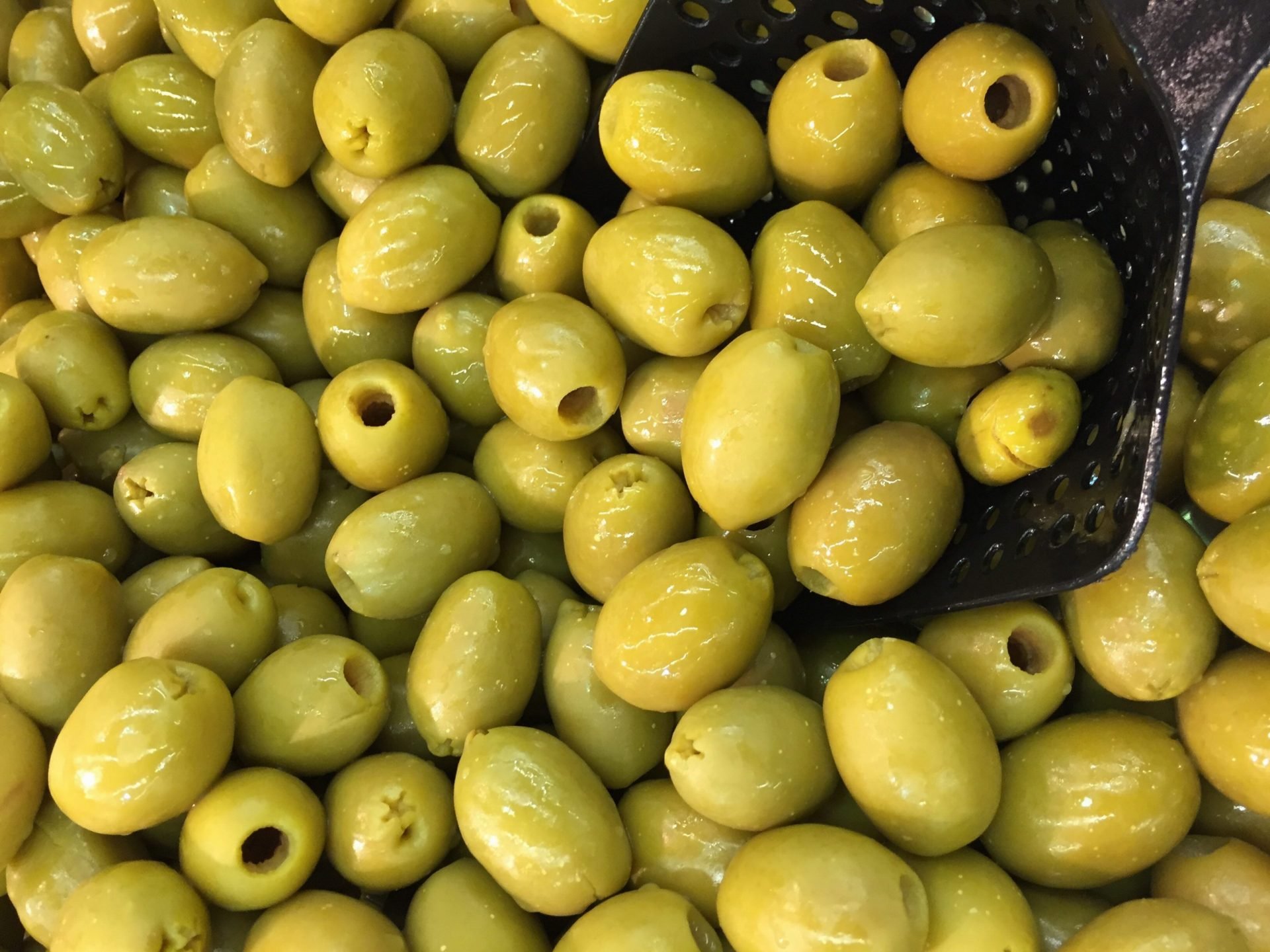Definition and Etymology
Olive definition – The word “olive” has a rich history, spanning several languages and cultures. It is derived from the Latin word “oliva,” which in turn comes from the Greek word “elaia.” The Greek word is thought to have originated from the Proto-Indo-European root “el-,” which means “oil” or “fat.” This root is also found in other words related to olives, such as “oleum” (Latin for “oil”) and “elaion” (Greek for “olive oil”).
Olive, a fruit of the olive tree, has a long history of cultivation and is often used in cooking and as a source of oil. In ancient times, olives were associated with fertility and peace, and they continue to be a symbol of prosperity in many cultures.
But did you know that the word “casino” also has its roots in the olive? The term originally referred to a gathering place where people would socialize and gamble, often while enjoying food and drinks made with olives. Here’s a deeper dive into the fascinating history of the casino.
Today, casinos are still associated with entertainment and leisure, but they have also become major centers of commerce and tourism. Yet, despite their evolution, the link between casinos and olives remains a reminder of the fruit’s enduring significance throughout history.
Etymology of “Olive”
- Latin: oliva
- Greek: elaia
- Proto-Indo-European: el- (“oil” or “fat”)
Nutritional Value and Health Benefits: Olive Definition

Olives are a nutrient-rich food, packed with essential vitamins, minerals, and antioxidants. They are a good source of monounsaturated fats, which have been shown to improve heart health. Olives also contain polyphenols, which are antioxidants that have anti-inflammatory and neuroprotective properties.
Nutritional Composition
Olives are a good source of the following nutrients:
- Vitamin E
- Vitamin K
- Iron
- Calcium
- Potassium
Health Benefits
Consuming olives has been linked to a number of health benefits, including:
- Improved heart health
- Reduced inflammation
- Improved cognitive function
The monounsaturated fats in olives help to lower LDL (bad) cholesterol and raise HDL (good) cholesterol, which can reduce the risk of heart disease. The polyphenols in olives have anti-inflammatory properties, which can help to reduce the risk of chronic diseases such as cancer and arthritis. Olives also contain antioxidants that have been shown to protect against cognitive decline.
Culinary Uses and Production

Olives are versatile culinary delights, enjoyed across the globe in a myriad of forms. From their role as a savory table fruit to their essential contribution to salads and the production of olive oil, olives add a distinct flavor and nutritional value to countless dishes.
Olive cultivation and production is a meticulous process that begins with the harvesting of the fruit. Once picked, the olives are washed and sorted before being crushed to extract their oil. The resulting olive paste is then pressed to separate the oil from the solids, which are discarded or used for other purposes such as animal feed.
Curing Olives, Olive definition
After pressing, olives undergo a curing process to enhance their flavor and preserve their quality. This process typically involves soaking the olives in a brine solution for several weeks or months. The duration and concentration of the brine can vary depending on the desired flavor and texture of the final product.
The olive, a fruit of the olive tree, is a small, ovoid fruit with a hard pit and a soft, oily flesh. Its distinct flavor and versatility make it a staple in many cuisines worldwide. Like the enigmatic marsupial Winnie the Pooh, who roamed the Hundred Acre Wood, the olive carries a hidden world within its unassuming exterior.
Its oil, extracted through pressing, holds a rich history and a myriad of culinary and medicinal uses, mirroring the complex and multifaceted nature of Winnie the Pooh’s adventures.
Olives, with their rich green hue and salty tang, have long been a staple of Mediterranean cuisine. Their oil, extracted from the fruit, has been used for centuries to add flavor and nourishment to countless dishes. But what if, instead of a culinary treat, olives were transformed into something more formidable?
A sword , perhaps, with its blade shimmering like the iridescent surface of an olive grove, ready to cut through the air with the same sharpness that olives cut through palate?
The olive, a fruit of the Mediterranean, is a symbol of peace and abundance. Its oil, rich in antioxidants, has been used for centuries in cooking, cosmetics, and medicine. Like the olive, Rihanna’s music has a timeless quality, resonating with listeners across generations.
Rihanna Tomorrow explores the singer’s journey, from her humble beginnings to her global stardom. And just as the olive tree continues to bear fruit year after year, Rihanna’s music continues to inspire and uplift.
In the realm of culinary delights, the olive stands as a symbol of both simplicity and sophistication. Its delicate yet distinct flavor has captivated palates for centuries. However, venturing beyond the realm of gastronomy, one may stumble upon the equally captivating world of weaponry, where the sword meaning takes on a profound significance.
And so, as we savor the nuances of the olive, let us not forget the power and symbolism embedded within the gleaming blade.